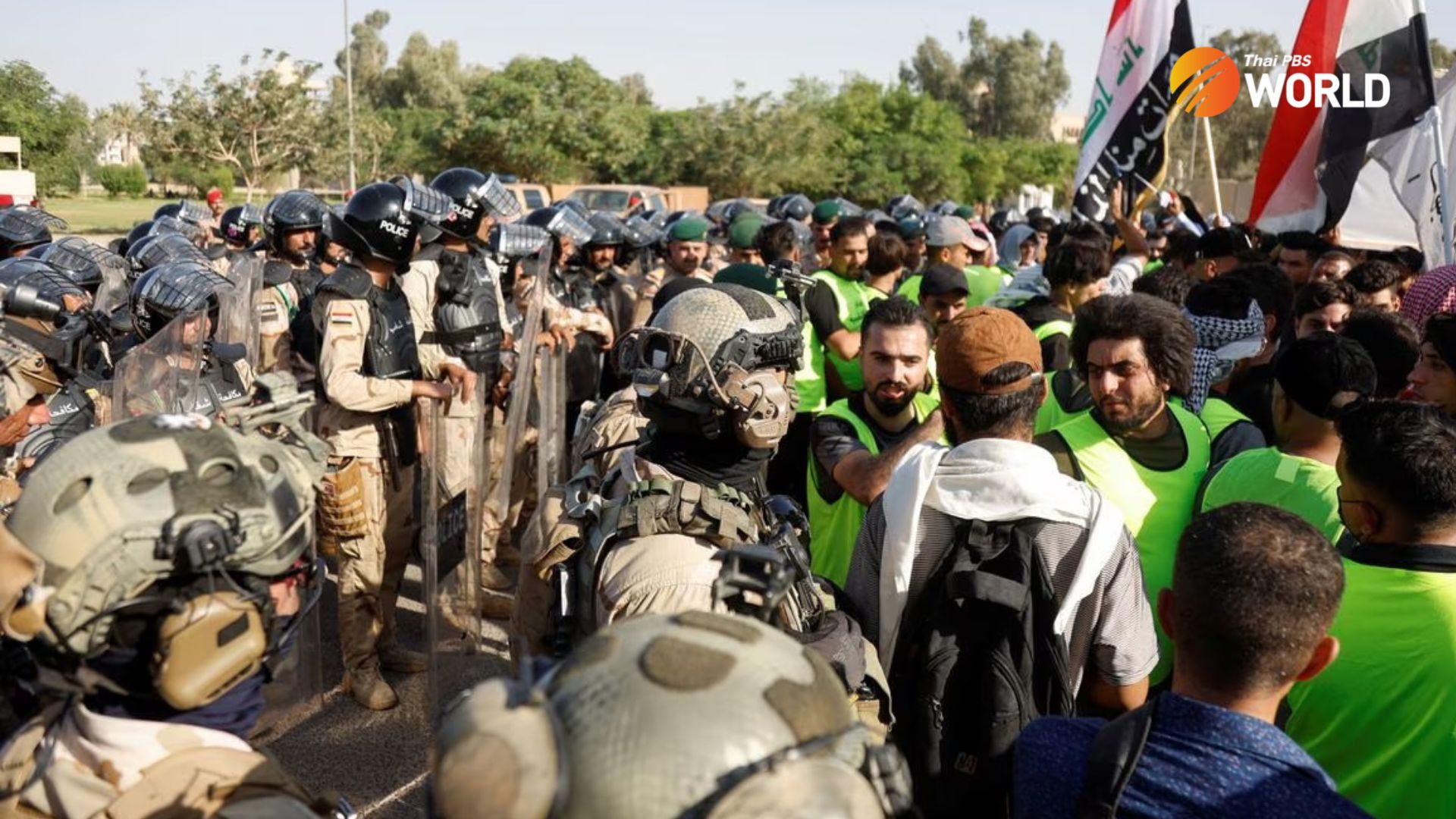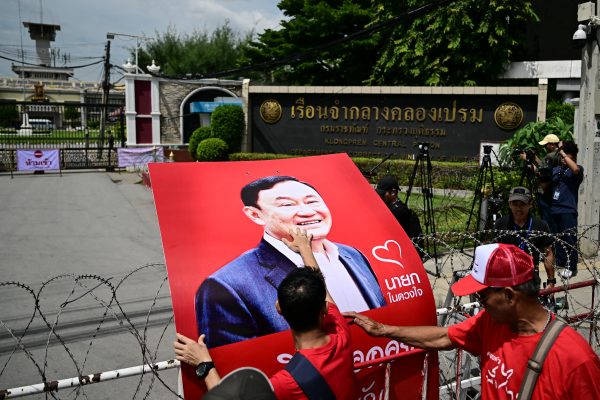The 20th anniversary of the Iraq War – The power of narratives

Today marks the 20th anniversary of the start of the Iraq War, a conflict that is still having significant impacts on the current international order and the ongoing Russia-Ukraine war.In retrospect, the Iraq war occurred because the US believed that Saddam Hussein’s regime had a large arsenal of weapons of mass destruction hidden away and went all out to convince the world to get rid of the dictator. The US would have liked a UN resolution to back its decision to go to war but, when Washington failed to get one, it decided to go to war anyway.
Whatever the US did in Iraq has been well documented. One important point for the present generation to remember is the power of media narratives about what went on, real or imaginary. The US built its war on faulty data and followed up with equally faulty narratives to justify the war in Iraq, which has resulted in nearly 300,000 civilian deaths. The American military also suffered the loss of nearly 4,500 soldiers.
Of course, the US allies, the Iraqi military and police and other forces also contributed to these human casualties over a period that runs from the invasion back in 2003 through to 2019. The real figure is probably a lot higher, because the human condition, after such a long and bitter war, was very fragile, which led to suffering and illness.
The saddest part of the Iraq war was the disastrous role the media played in promoting the Bush administration’s warmongering. The American media were the worst, because they could have been bolder in presenting facts and not faulty narratives. The media in the rest of the world were also easily influenced by the global outreach of Western information networks. Very few media outside the West would be able to challenge sources coming from Washington or London. Fortunately, there are some brave souls out there who express remorse and regret for what they did twenty years ago.
We should learn something from the past, especially the power of misinformation and faulty narratives. The Russia-Ukraine war has been flagged as a war between democracy and autocracy. Such a bifurcated vision could be confusing and dangerous, because the real world is not like that. There are many shades of governance. The US wants to promote its liberal democratic values, or rather liberal hegemony, so that it can maintain its global leadership. Now, it is problematic for the US. Certainly, what Russia did was wrong and against the UN charter and should be punished. By the way, Russia-Ukraine is not a war of the world.
It is hoped that those who are in the power in the West will reflect constructively and learn valuable lessons from the Iraq War. If possible, they could apply what they learn to the current crisis in Europe. Nobody will win from the continued fighting.
For the media, powerful editors should not give in to faulty narratives perpetuated by the war-hungry policymakers. Their correspondents must tell of the real situation on the ground. The often-heard mantra is that truth is the first casualty of war. The media can change this by using the power of a truthful message.
By Kavi Chongkittavorn






